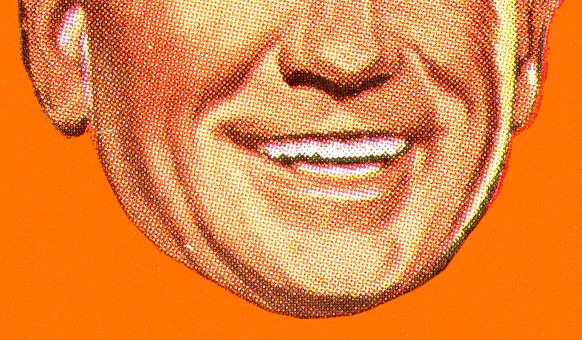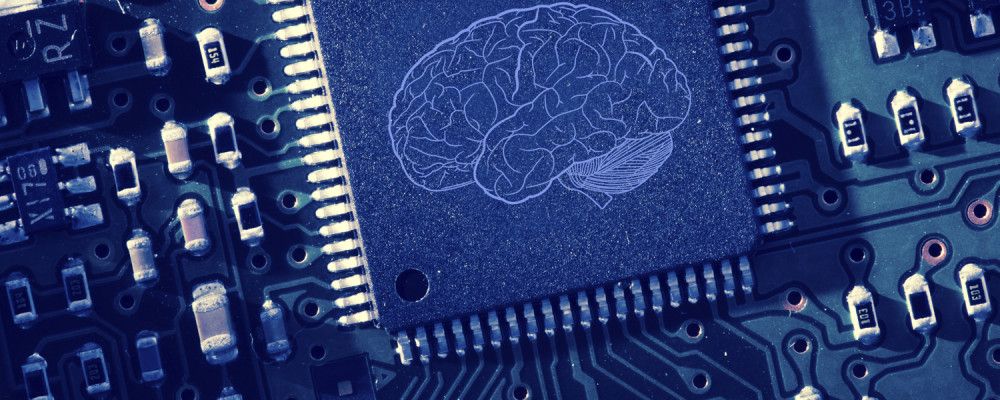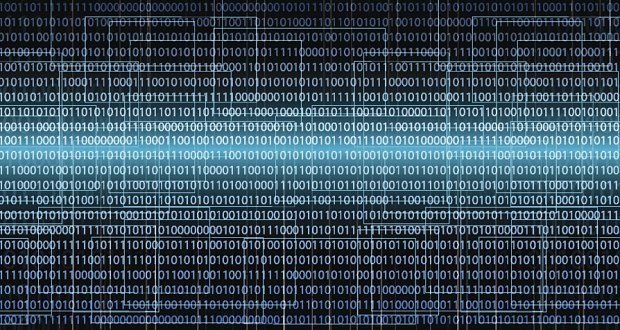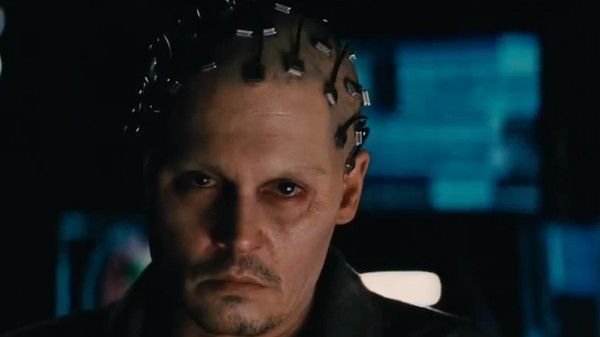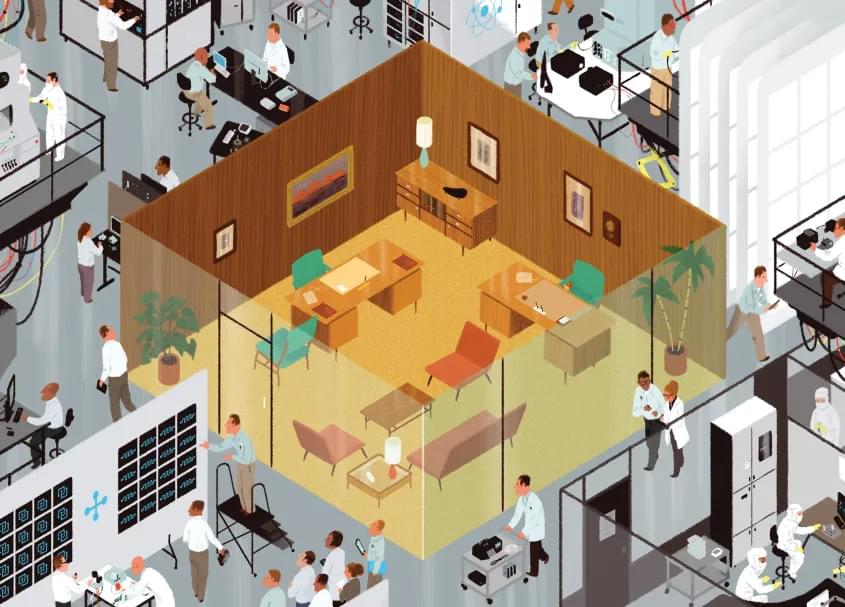By Rory Ross — NewsWeek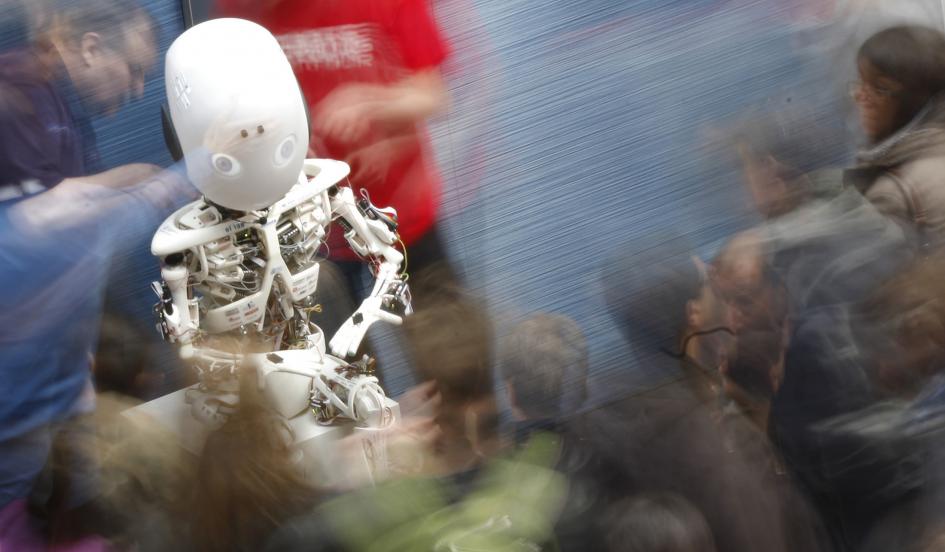
Despite his millions, the world of Moscow property development left Nikolay Gurianov “really bored.” Two motorbike crashes later, he reckoned it was time to move on, find a new business and swap two wheels for four.
He asked a marketeer: “What is the most interesting business that isn’t property, oil, armaments, diamonds, drugs or slavery?” And so began his career in IT—and a switch to Aston Martins.
In 2002, he set up Braintree, a technology outfit that helped Russian firms “optimise databases.” But databases too failed to ignite Gurianov. Drifting, he lit on artificial intelligence (AI). At last, here was a challenge fit for both intellect and wallet. Read more
